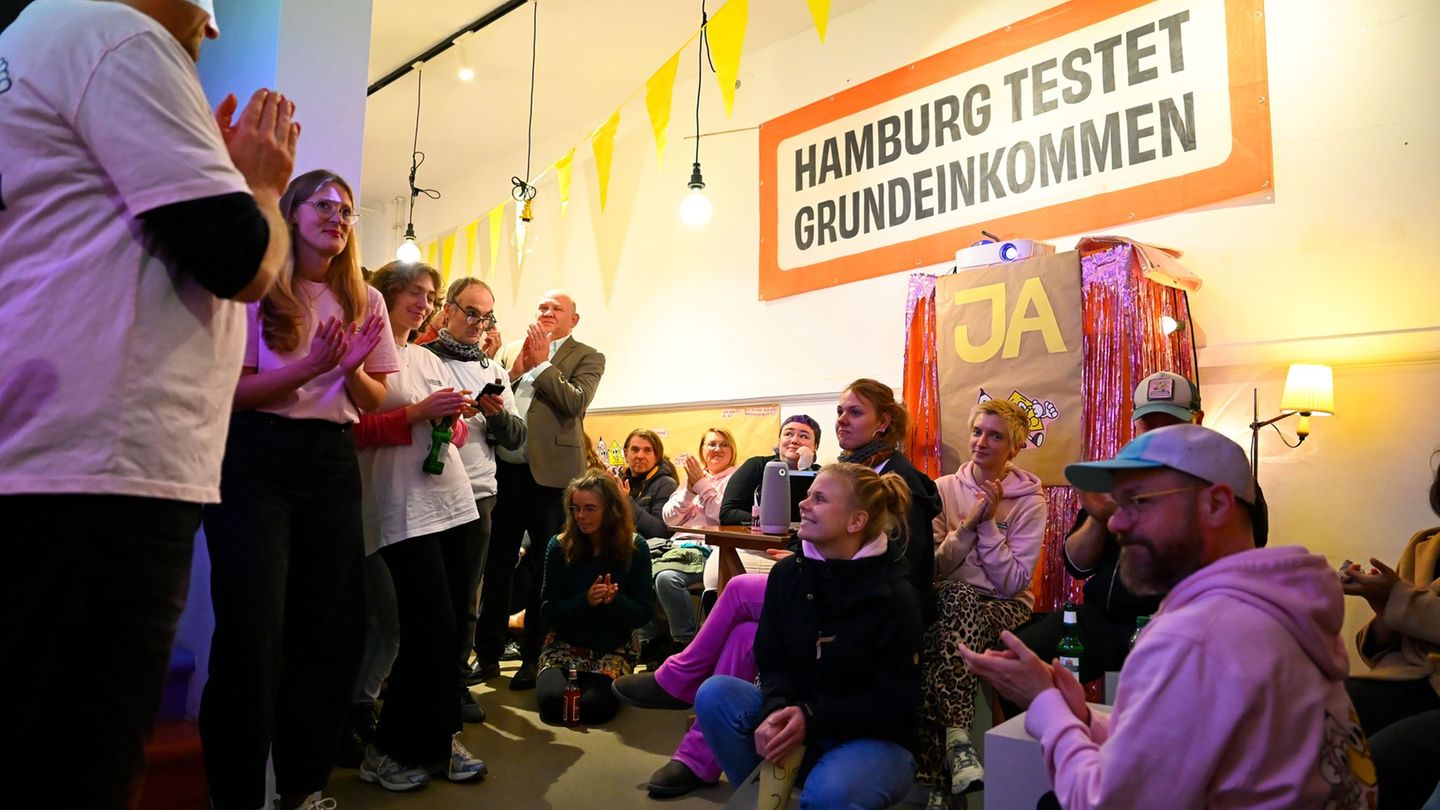The premiere was reserved for Mirko Miskovic: Last week he opened a Billa supermarket in Gloggnitz, Lower Austria, which he runs as a merchant together with Billa. According to Billa’s mother, Rewe, there should be two more branches this year. In 2023, twelve more will be added in Austria, and by the end of 2026 there will be 100.
The partnership model is unique in Austria because it is characterized by above-average support and a safety net, says Rewe spokesman Paul Pöttschacher. The merchants would bear no risk for two years.
The model of independent retailers is not new to the Rewe Group: there are 280 Adeg retailers in Austria. One of them is Thomas Höfer, a self-employed businessman in Schlierbach.
The Höfers are the third generation of merchants. They started out in 1938 with a 35 square meter shop. It has been part of the Adeg purchasing cooperative since the 1950s. “We are free to put together our assortment,” says Höfer, who buys from Adeg and also works with 70 regional producers: “We achieve 30 percent of our sales with this regional assortment.” With this focus, small local suppliers can succeed in setting themselves apart from the competition.


“You work harder”
“The disadvantage of a small shop is the limited space and that we have the reputation, often wrongly, of being more expensive.” The relationships are much more personal: “You are like a therapist for employees and customers.” Anyone who works independently is their own boss, bears all the responsibility, but automatically puts in more effort.
This is also confirmed by Georg Deisinger, one of 71 franchisees of the Trauner grocery store Unimarkt. The UniGruppe also includes 230 local and fresh food markets, all of which are run by self-employed people. Trained mechanic Deisinger and his wife Iris have been business people in Gallneukirchen since 2010.
“It’s family-like. On request, we also order goods for customers that are not in the range,” says Deisinger, who also emphasizes the close cooperation with regional suppliers: “Our sausage supplier is two kilometers away. We always get the quantities ordered .” 80 percent of the purchase is made through the UniGruppe, the rest of the range can be put together freely.
The sharp rise in energy costs is also causing problems for local suppliers: Last year, Deisinger had a PV system installed in the shop, and according to its own statements, it can cover 50 percent of its electricity consumption itself. “But there are colleagues who are considering pulling the rip cord.”
This is also confirmed by Unimarkt owner Andreas Haider: Almost all franchisees are included in their own electricity pool, and the conditions until the end of 2023 are good. Those who did not join are faced with additional electricity costs of up to 100,000 euros. Government support is needed here. Five franchisees have already terminated their contracts. The search for new partners is currently difficult.
Availability of goods, staff
In addition to the high energy costs, the search for staff is also a challenge, says Sabine Jeblinger, Spar clerk in Pramet (district Ried). She runs the business together with her partner, and her mother also helps: “It’s up and down with the availability of goods.”


“As a self-employed person you are responsible for really everything, but there are also many advantages. I can deal with the product and the price, develop myself and really be a saleswoman.”
There are 650 self-employed savings merchants in Austria. The model has been around since the beginning: Spar started out as a wholesaler who supplied merchants. The branch system has only existed since the 1970s, says Spar spokeswoman Nicole Berkmann.
There are special programs in the group in which employees learn everything they need to be self-employed. The importance is high: “There are former area managers and HR managers in the group who are now independent merchants.”
Source: Nachrichten




